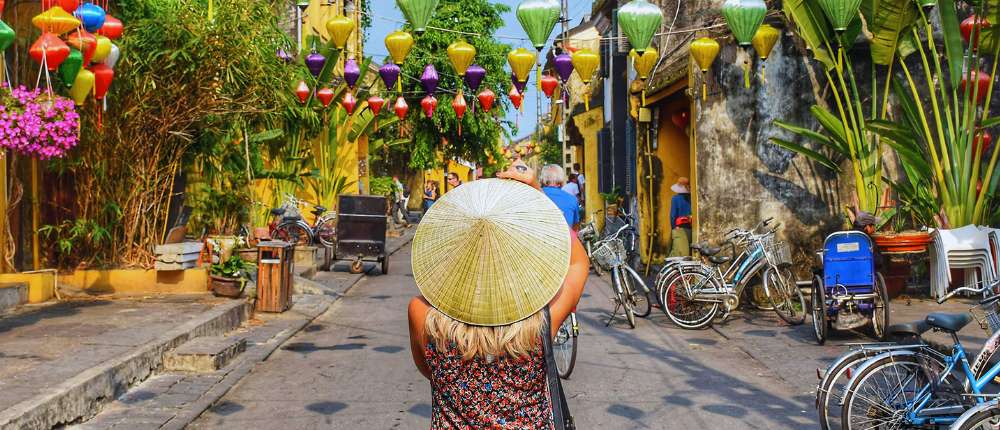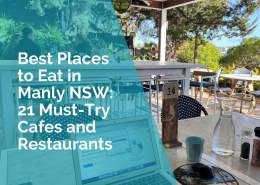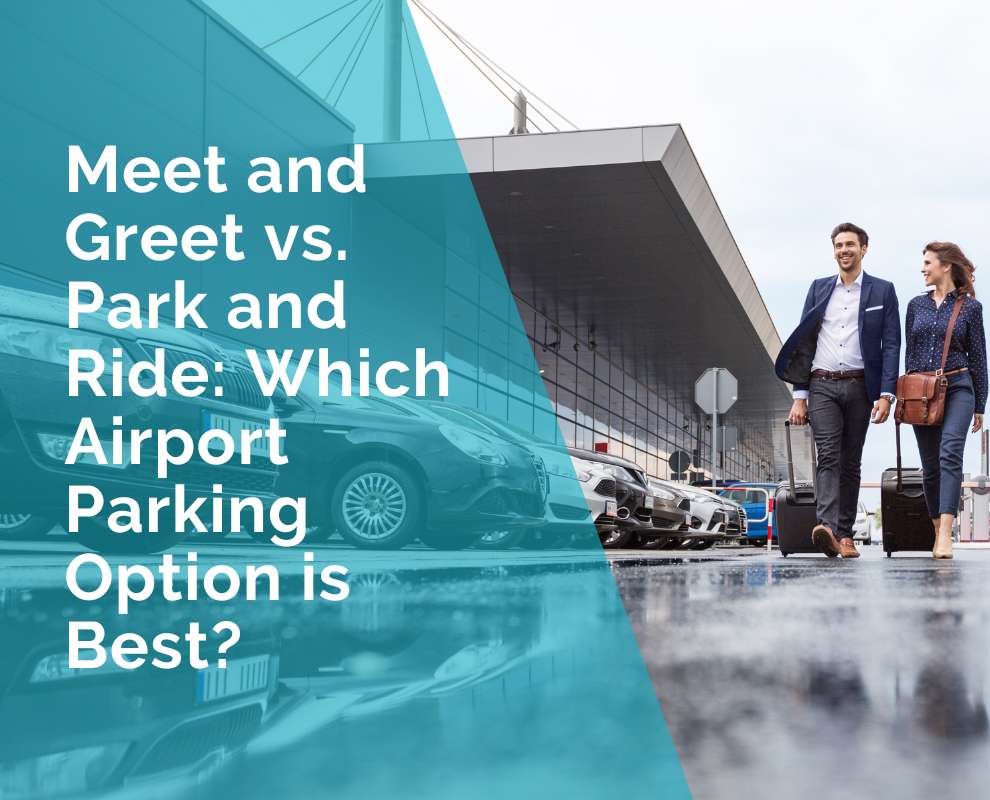Tips For First-Time Travellers To Vietnam
Vietnam, a Southeast Asian gem, offers an exciting journey through time. From its serene rice paddies to its bustling metropolises, each corner reveals a unique story of history, culture, and breathtaking natural beauty. Additionally, its dynamic cities like Hanoi and Ho Chi Minh City are teeming with energy, while serene countryside locations offer peaceful escapes.
Perfect for first-time travellers, Vietnam combines affordability, accessibility, and an endless array of experiences that cater to every type of tourist. Keep reading this guide to learn more about this country and plan a seamless trip.
Best Time to Visit Vietnam
Vietnam’s climate varies significantly across its regions; thus, you can opt for any Vietnam holiday package, including flights around the weather.
- North Vietnam: The north experiences four distinct seasons. Spring (March to April) and autumn (September to November) are ideal for visiting places like Hanoi and Halong Bay, with pleasant temperatures and clear skies.
- Central Vietnam: The best travel months are February to August, with sunny weather perfect for exploring Hoi An, Hue, and Da Nang. Avoid the rainy season from September to November, as heavy downpours may disrupt plans.
- South Vietnam: The southern part of Vietnam enjoys a tropical climate with two main seasons: dry (December to April) and wet (May to November). The dry season is the perfect time for a luxury escape to Vietnam’s beaches in Phu Quoc or Nha Trang.
Planning your trip around major festivals, such as Tet (Vietnamese Lunar New Year), offers a glimpse into the country’s vibrant traditions. However, booking Vietnam holiday packages early is crucial during peak festival times to secure the best holiday deals.
Local Culture and Etiquette
Vietnam’s culture is deeply rooted in respect and tradition, and understanding local customs ensures a smooth and enriching experience.
- Greetings: A slight bow or nod is a common form of greeting, while a handshake may accompany this gesture in formal settings.
- Dress Code: Modesty is appreciated, particularly in religious or rural areas. Therefore, avoid wearing revealing clothing, especially when visiting temples or pagodas.
- Respect for Elders: Elders are highly respected in Vietnamese culture; thus, you must address them politely and allow them to be served first in group settings.
When interacting with locals, politeness and a smile go a long way. Learning a few basic Vietnamese phrases such as “xin chào” (hello) and “cảm ơn” (thank you) is a thoughtful gesture that the Vietnamese locals may appreciate.
Health and Safety Tips
Ensuring your health and safety is key to enjoying your trip to Vietnam. Here are some practical tips:
- Health Advice: Before your trip, consult your doctor about recommended vaccines, such as hepatitis A, typhoid, and tetanus. Ensure that you bring a basic first-aid kit and any prescription medications you may need.
- Travel Insurance: Opt for comprehensive travel insurance that covers medical emergencies, trip cancellations, and personal belongings.
- Food Safety: While Vietnam’s street food is tempting, ensure it’s prepared fresh and served hot. To avoid waterborne illnesses, drink bottled or boiled water.
- General Safety: Stay vigilant in crowded areas, as pickpocketing can occur. Use crossbody bags with secure zippers and avoid displaying valuables like jewellery or expensive gadgets.
For those travelling with various Asia vacation groups, guided tours could be available. These tours often come with added security and local insights, giving you peace of mind as you explore.
Currency and Payments
Understanding the Vietnamese Dong (VND), Vietnam’s official currency, can help you manage your finances efficiently.
- Cash: Cash is widely accepted, especially in local markets, street vendors, and rural areas. Carry smaller denominations for convenience, as change for large bills may not always be available.
- Credit Cards: Major hotels, restaurants, and shopping centres accept credit cards, but smaller establishments may not. Inform your bank of your travel plans to Vietnam to avoid any issues with card transactions on an international trip.
- Mobile Payments: Digital wallets and mobile payment apps are increasingly popular in urban areas, offering a convenient alternative to cash.
Always check exchange rates before converting money and use authorised currency exchange services for accurate transactions.
Conclusion:
Vietnam is a great destination that offers first-time travellers an unforgettable blend of natural beauty, rich culture, and delectable cuisine. Whether you’re planning a luxury escape to Vietnam’s serene beaches or exploring its vibrant cities with Vietnam holiday packages, the experience promises to be enriching and memorable.
With the right Vietnam holiday packages, your journey will not only be enjoyable but also deeply rewarding. Let Vietnam become the highlight of your next adventure.
***
Jane Clark











